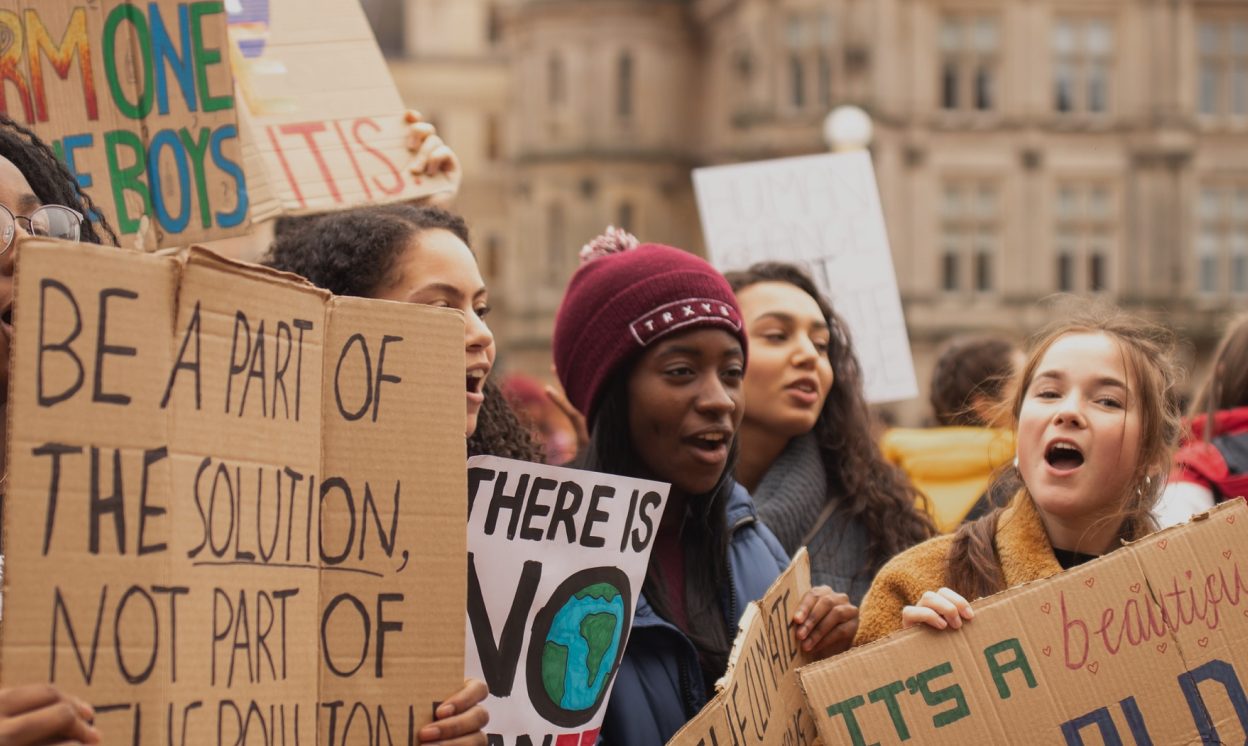What is Rio+20?
‘Rio+20’ is the short name for the UN Conference on Sustainable Development, where agencies and world leaders gather to discuss tackling continued environmental destruction. 2012 is a special year, because it marks twenty years since the first Earth Summit in 1992, which brought the international community together and laid down 27 ‘Rio Principles’ for sustainable development.
While the conferences this year are likely to produce a similar document, expectations for Rio are low – because the UN remains hijacked by the corporate lobby and dominated by Western countries. Furthermore, the theme of the conference, ‘building a green economy’, is disappointingly focused on a corporate-vision of environmental protection through markets and banks. Rather than focusing on environmental protection and truly sustainable development, many countries and especially big business are proposing false solutions to environmental and climatic destruction – often in secrecy behind locked doors at the conferences.
What kind of ‘green economy’?
Rio is likely to be a struggle between two visions of the future – one where corporations and governments take even more control of our resources and use markets to protect our climate and environment. This corporate-vision of green economy involves putting a price on nature (water, species, forests) and then treating it like an asset in a bank. In this way, banks will be allowed to trade and speculate on things like drinking water and species survival – an approach they are calling ‘rational’ and ‘realistic’, while it goes against the fundamental limits of a finite planet. And this approach takes us farther away from real environmental justice.
The other vision is one of a truly green economy – where communities are in charge of their own development and everyone has an equal share of the world’s resources. This future means handing power back to people (not banks and business) and strict environmental regulation.
Links to more information
Rio+20 can seem complicated and dense, and the ‘green economy’ can be hard to get your head around, so if you want to find out more, take a look at these great sites for further information:
- The World Development Movement’s briefing on the Green Economy
- The alternative Rio+20 People’s Summit

